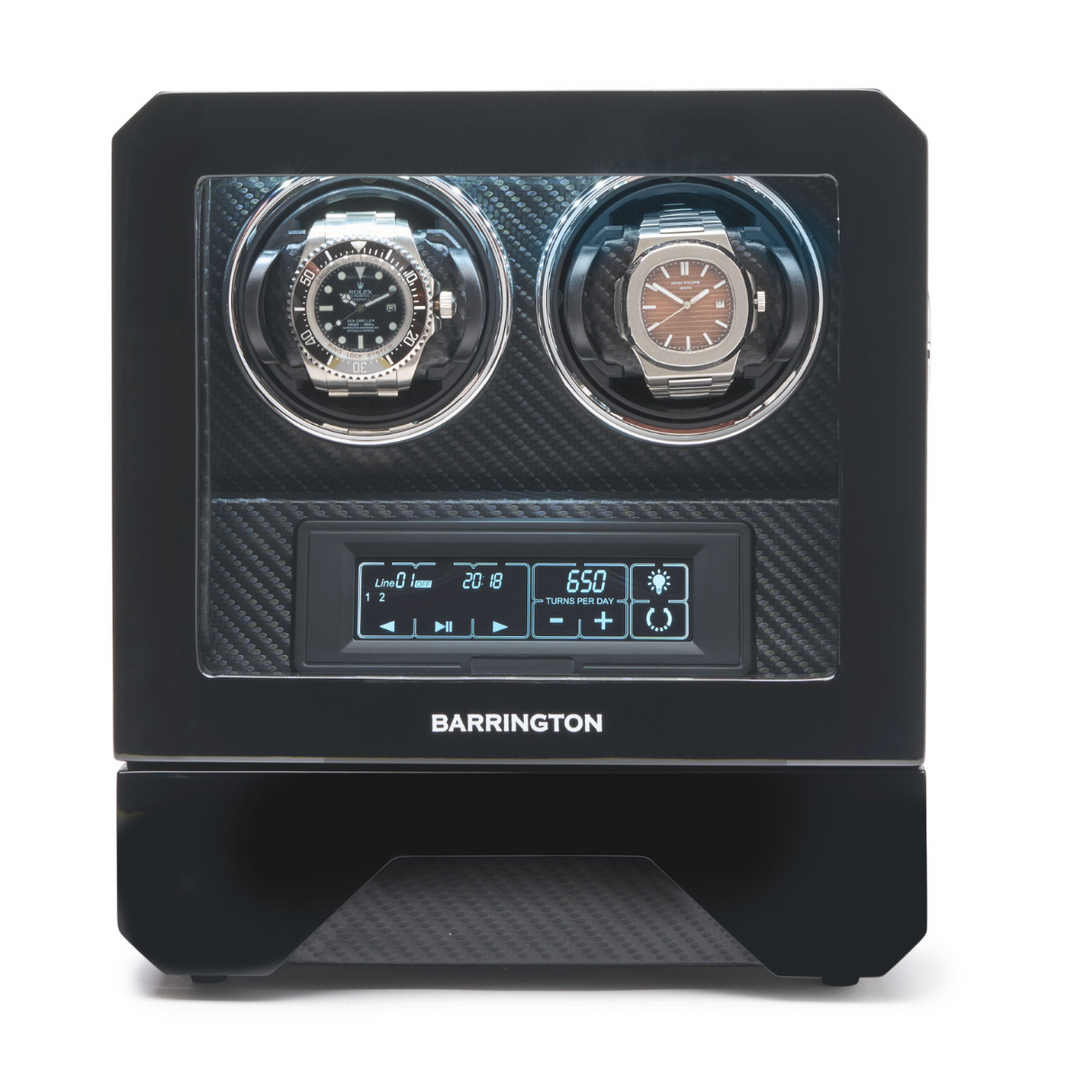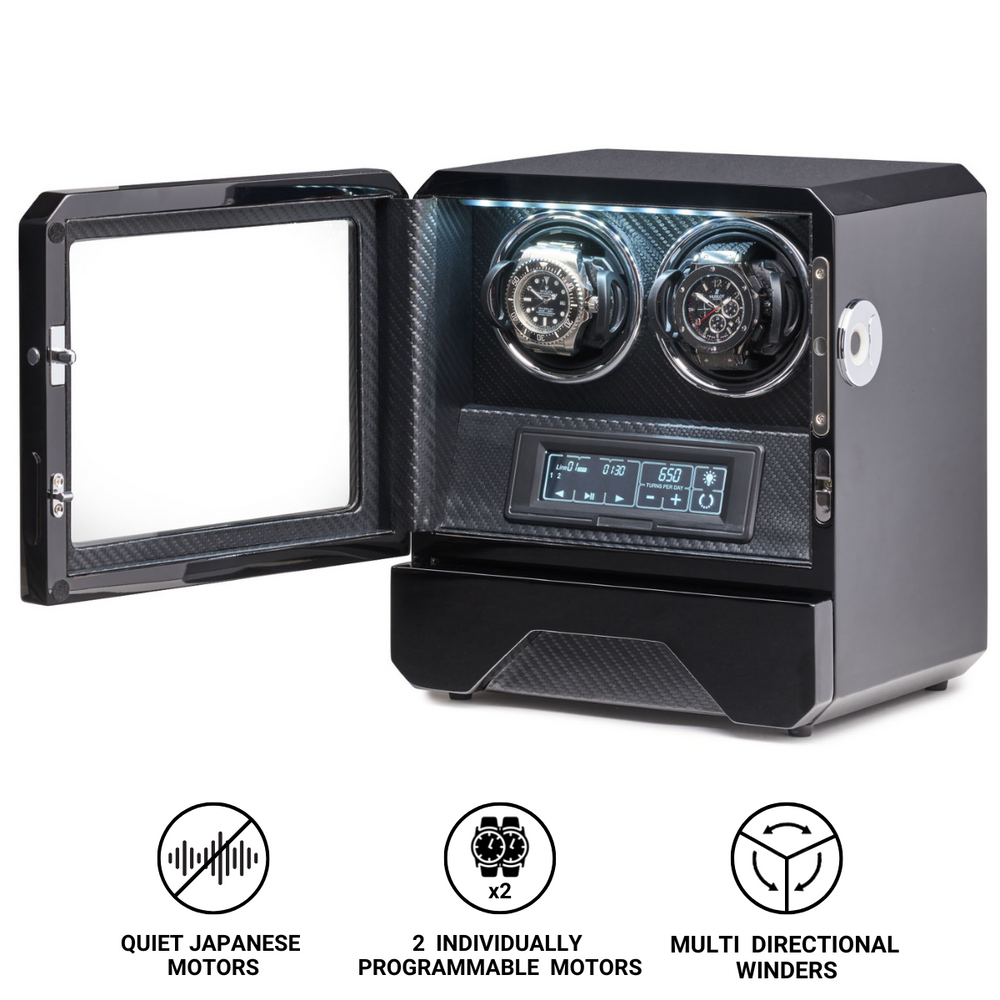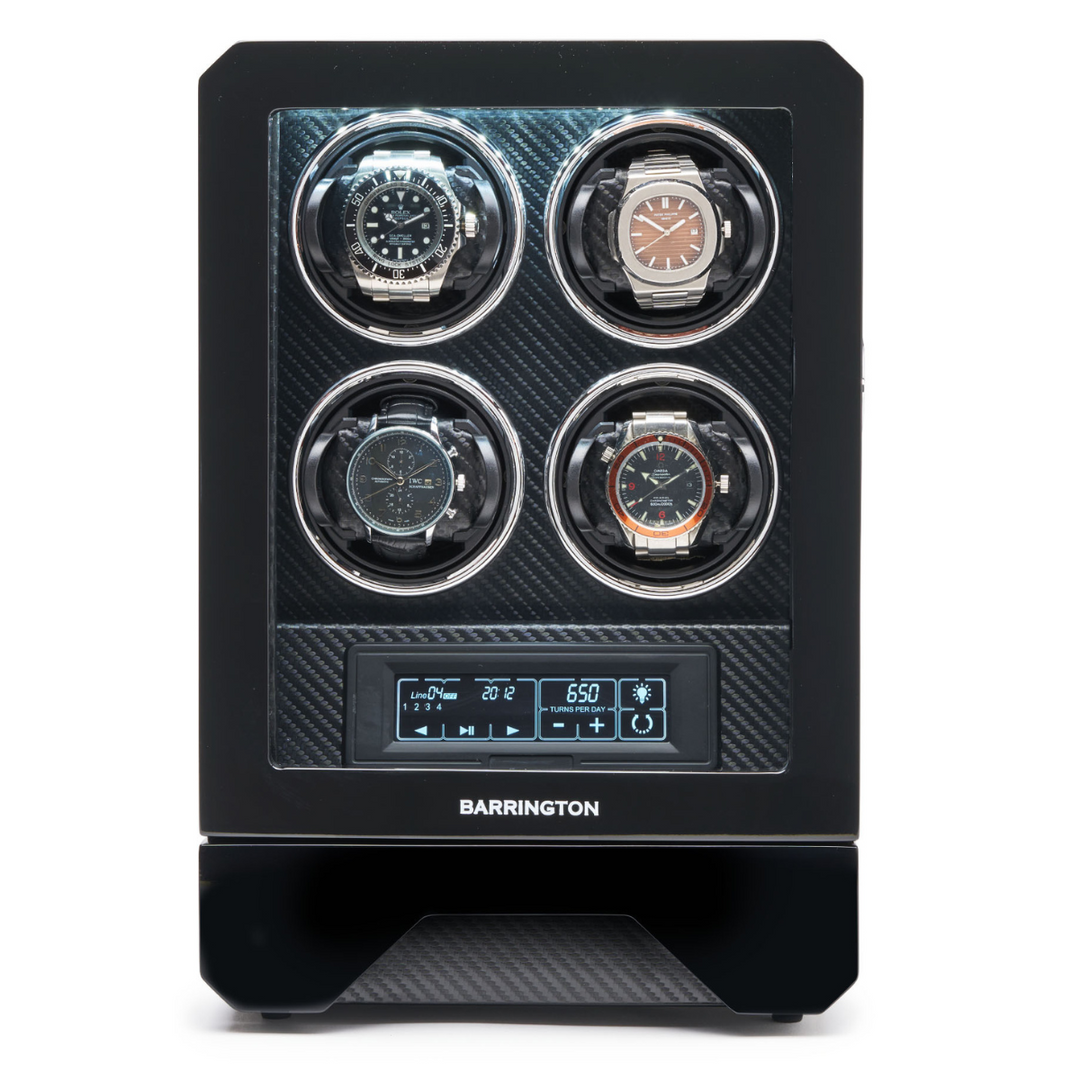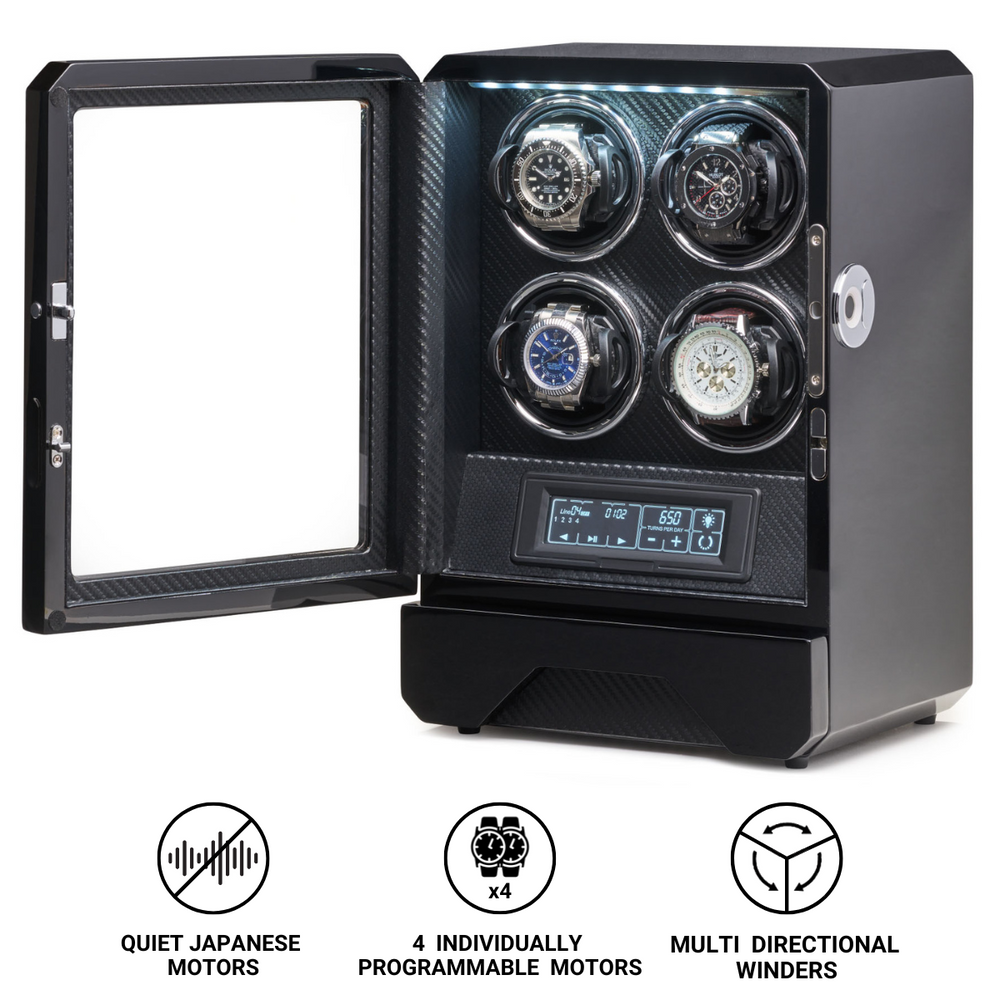Jean-Marc Pontroué Steps Down as CEO of Panerai; Emmanuel Perrin Named as Successor
After nearly seven years as CEO of Panerai, Jean-Marc Pontroué will step down from his position, marking the end of a dynamic tenure that has seen the brand embrace sustainability, technical development, and community-driven engagement. He will be succeeded by Emmanuel Perrin, a long-time Richemont executive and one of the group’s most experienced figures in global watch distribution and brand strategy.
The announcement was first made public via Pontroué’s personal Instagram account on 18 March.
From Montblanc to Panerai: A Career Built on Transformation
Pontroué joined Richemont in the early 2000s, initially serving as Executive Vice President of Montblanc, where he led the brand’s watchmaking division. There, he oversaw the integration of Minerva—a historic manufacture in Villeret—into Montblanc's high-end offerings, laying the groundwork for its eventual entrance into haute horlogerie.
In 2011, he was appointed CEO of Roger Dubuis, another Richemont brand known for its expressive design and Geneva Seal-certified movements. During his six-year tenure, Pontroué refocused the brand around skeletonised complications, strengthened ties with motorsport (notably Lamborghini), and pushed its identity toward a younger, design-conscious clientele.
Taking over Panerai in April 2018, Pontroué inherited a brand with a strong legacy but facing the need for modern relevance. He quickly set out to reposition Panerai as a brand rooted not just in history, but in forward-looking innovation—with an emphasis on eco-conscious materials, technical legitimacy, and experiential luxury.
A Legacy of Sustainability and Community at Panerai
Under his leadership, Panerai launched a series of high-profile sustainability initiatives:
-
eSteel and EcoTitanium cases using recycled materials
-
Packaging made from recycled ocean plastics
-
eLAB-ID (2021): a concept watch made from 98.6% recycled-based materials by weight
-
Public commitment to making 30% of Panerai’s production eco-designed by 2025
He also revitalised engagement with the Paneristi community—one of the earliest and most devoted fanbases in modern watchmaking—by introducing limited series created with their input, and through personalised, immersive experiences such as the Submersible Experience editions, which offer expeditions with explorers, divers, or military personnel as part of the ownership journey.
Commercially, Panerai expanded its global presence under his leadership, particularly in Asia and the Middle East, and opened new flagship boutiques in locations such as Beijing SKP, Dubai Mall, and Milan’s Via Montenapoleone.
Emmanuel Perrin: A Strategic Appointment
The incoming CEO, Emmanuel Perrin, is currently Head of Watchmaking Distribution at Richemont and has also overseen the group’s Specialist Watchmakers Division, which includes A. Lange & Söhne, Vacheron Constantin, Jaeger-LeCoultre, Piaget, and others.
With decades of experience in brand operations and global sales, Perrin is credited with modernising Richemont’s distribution model, including:
-
Streamlining wholesale networks
-
Expanding direct-to-consumer retail
-
Strengthening omnichannel strategy across the group’s maisons
He is also known for his close involvement in brand repositioning efforts, particularly at Cartier, where he led international commercial strategy for over a decade before shifting to group-level responsibilities.
His appointment to Panerai suggests an intention to consolidate operational excellence while preserving the brand’s creative independence and technical development.
A Brand with a Distinct Identity
Founded in Florence in 1860 as a supplier to the Regia Marina (Royal Italian Navy), Panerai built its reputation on legibility, robustness, and instrument-grade design. Today, it is one of Richemont’s most recognisable sports-luxury maisons, known for its signature Luminor, Radiomir, and Submersible collections, and for its unique balance between Italian design heritage and Swiss manufacturing rigour.
Its Neuchâtel-based manufacture, opened in 2014, has enabled full in-house development of movements and complications, such as the P.9000 and P.6000 series, as well as high-end references featuring tourbillons, GMTs, and regatta chronographs.
With Perrin’s experience in global brand architecture and Pontroué’s legacy of innovation, Panerai appears poised to navigate the next chapter of growth—combining its military past with a progressive vision of modern horology.














